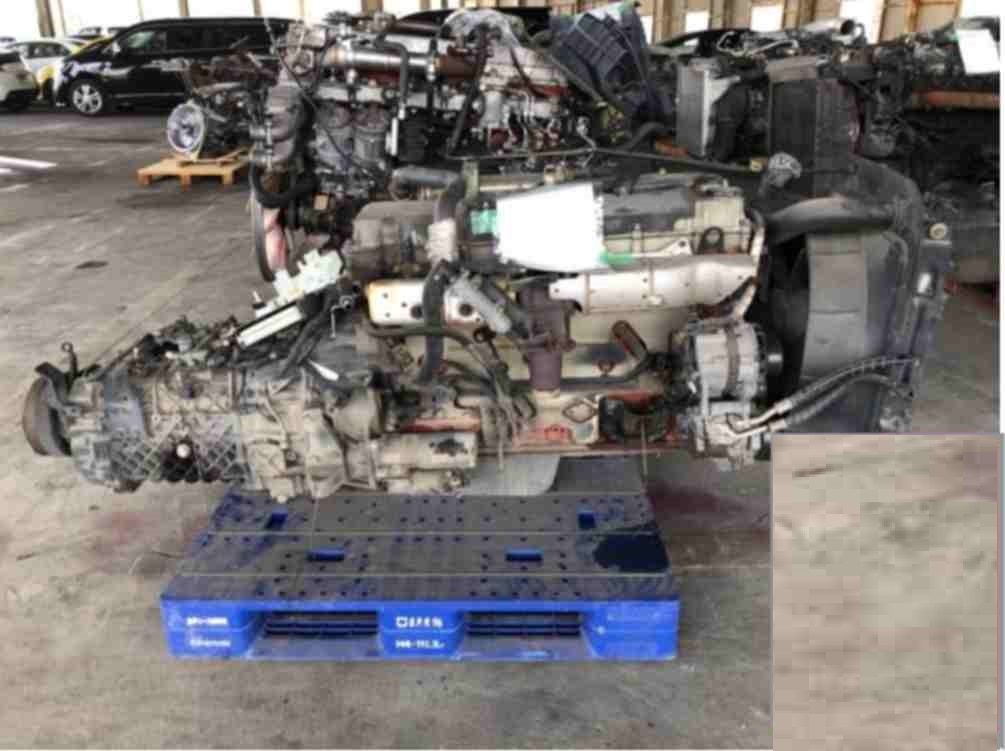How Do You Choose The Engine Size of A Truck?

Trucks are designed to transport cargo of all types. The size of the trucks may vary greatly depending on the purpose and potential size and weight of the cargo you want to ship on the truck in question. Smaller trucks are similar to regular automobiles mechanically. Commercial or heavy duty trucks, on the other hand, could be very large and power. They could be used for transprting large amounts of cargo from one place to anotheer. Most of the medium to heavy duty trucks have diesel engines.
Being a smart buyer of a used truck, you may think that trucks with smaller engines are more fuel efficient and the ones with bigger engines may give you better performance. However, it is not necessarily true. Before you make a purchasing decision for a truck of your choice, you have to make sure taht you know what engine size and maker/model etc. you want to purchase. However, before doing so, you will have to think deeply about the type of work you want to accomplish by using this truck. That will, in principle, determine the desired size of the engine which you must have in your next truck.
Why Engine Size Important For Performance Of A Truck?
As a general rule, the larger the engine size, the heavier loads it takes from one place to another. This is the most important factor you may want to keep in mind while deciding about the engine size of the used Japanese truck you are going to buy through us or from any other exporter of used Japanese trucks.
Diesel Engine Vs. Petrol Engine
As diesel is heavier than petrol, a diesel engine will cover longer distances in comparison with that of a petrol engine of the same size. However, small to medium sized trucks may have petrol engines as well. As a general rule, trucks with larger engines are ideal for longer distances. Please keep in mind that with turbo charge, even some smaller engines can perform as good as some larger engines.
According to an article published on www.jdpower.com, you may need to follow the below information thoroughly so that you can purchase a great truck which effectively meets the truck needs of your organization.
“Horsepower is the amount of force an engine can produce. Torque is how that force is applied to turn the wheels. In almost all cases, increases in horsepower and torque come at the expense of fuel economy.
Small engines, with fewer cylinders, traditionally have less horsepower and torque. As a result, they burn less fuel. Because they are smaller and more fuel-efficient compared to their large-displacement counterparts, these engines often weigh less. This allows the vehicle to handle better. Smaller engines will have fewer parts to service and be less expensive to maintain during the life of the vehicle. Small engines should not necessarily be considered underpowered. Turbochargers or superchargers can make smaller engines very powerful, while consuming less fuel than larger engines.
Engines with six or more cylinders are generally more powerful than smaller engines. With larger cylinders and increased complexity, this type of engine burns more fuel to generate the horsepower and torque needed to move heavy loads or pull a trailer. For towing or carrying large loads, consider an optional diesel engine. Today’s diesel engines are quiet and cleaner-burning than those offered in the past, and generate plenty of power with reasonable fuel economy.”
